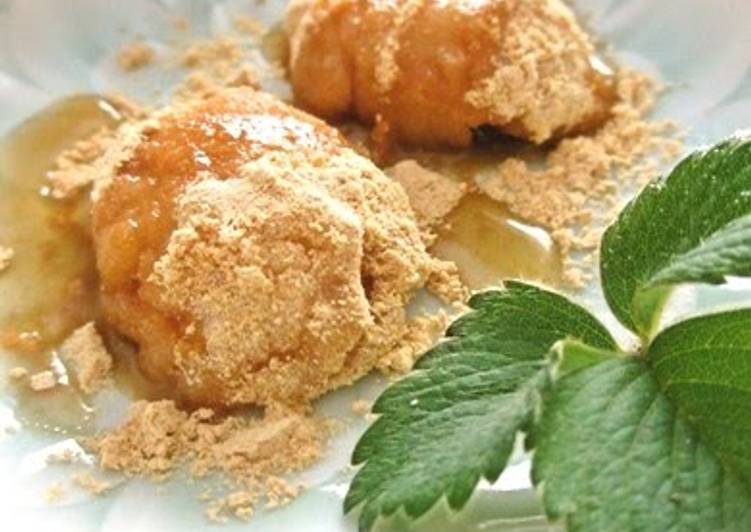Mochitsuki (Rice Pounding) at Home (with Kinako & Kuromitsu). Looking back, my aunt and uncle's mochitsuki concert seems like a reflection of their marriage. In this program,we introduce amazing Japanese real, pop and trad culture! Today's program is about Mochi (Rice Cake) Gilrls - New Year's Tradition in Japan.
 Mochitsuki usually takes place around the end of December or early January to.
Mochi (Japanese: 餅, もち) is Japanese rice cake made of mochigome, a short-grain japonica glutinous rice, and sometimes other ingredients such as water, sugar, and cornstarch.
I came up with this recipe when I had run out of pre-cut mochi, but still had mochi rice.
You can have Mochitsuki (Rice Pounding) at Home (with Kinako & Kuromitsu) using 5 ingredients and 6 steps. Here is how you cook that.
Mochitsuki usually takes place around the end of December or early January to.
Mochi (Japanese: 餅, もち) is Japanese rice cake made of mochigome, a short-grain japonica glutinous rice, and sometimes other ingredients such as water, sugar, and cornstarch.
I came up with this recipe when I had run out of pre-cut mochi, but still had mochi rice.
You can have Mochitsuki (Rice Pounding) at Home (with Kinako & Kuromitsu) using 5 ingredients and 6 steps. Here is how you cook that.
Ingredients of Mochitsuki (Rice Pounding) at Home (with Kinako & Kuromitsu)
- It's 350 grams of Mochi rice.
- You need 1 of Kinako.
- Prepare of Kuromitsu.
- Prepare 60 grams of ◎Cane sugar (or brown sugar).
- Prepare 50 ml of ◎Water.
Since my daughter liked it, I make it whenever I have time. Enjoy freshly cooked mochi with your favourite flavourings. They threw the rice into the wooden usu mill and got to work, pounding the rice into a glutinous paste amongst a multitude of grunts and shouts. I pounded, and pounded, and pounded some more.
Mochitsuki (Rice Pounding) at Home (with Kinako & Kuromitsu) instructions
- Wash the mochi rice, and soak in water for about 1 hour..
- Transfer the rice into a rice cooker. Add water up to the 1 cup line. Start cooking on mochi rice setting..
- When cooked, transfer the rice into a bowl. Pound with a wet pestle..
- When it starts to get sticky, and become mochi, roll into bite-sized balls with wet hands..
- Make syrup. Add the ◎ ingredients into a small pot, and turn on the heat. After dissolving the sugar really well, let the syrup cool. (When you make it with brown sugar, it becomes kuromitsu.).
- When the mochi is ready, sprinkle with kinako and pour the syrup on top, then enjoy. (You could also serve with anko or sesame seeds).
When my hammering technique started to get sloppy, the tell-tale sign of mochi-pounding fatigue, I tag-teamed with one of the kindergarten dads. But the mochi made with kinako powder (soybean powder mixed with sugar) was my absolute favorite. The result of that powerful pounding is soft, chewy yomogi mochi, which is dusted by hand with kinako (roasted soybean flour) before being served to customers. Mochitsuki involves "mochi-pounding," where one person hand-mixes the rice dough and one person pounds it using a wooden mallet called a kine. In fact, those yummy mochi balls are made and imported around the world year-round so we can enjoy them virtually anytime.